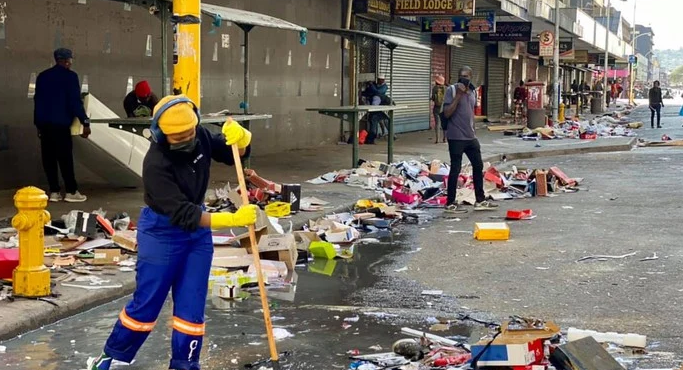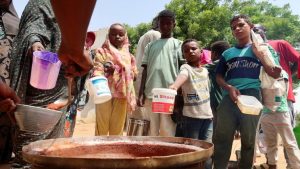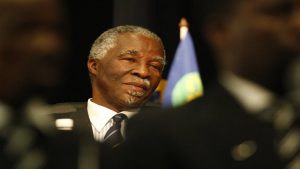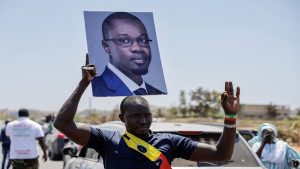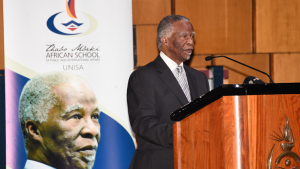Academics, entrepreneurs, religious and civil society formations say social cohesion and nation-building should form part of the school curriculum.
They say without it there is a serious threat to the country’s economic stability.
More than 350 people were killed and infrastructure damage amounting to billions of rand occurred during the riots.
A member of the Social Cohesion Group and KwaZulu-Natal’s Economic Development MEC Ravi Pillay says like all other patriotic South Africans, they too have serious questions that they need answers to regarding the unrest.
“How is it possible that deliberate economic sabotage, destruction of property, killing of people and creation of chaos and mayhem could occur in a democratic South Africa which is guarded by one of the best Constitutions in the world,” says Pillay.
He says they are concerned that the Human Rights Commission and the public have not yet been given detailed information on several issues including the cause of deaths of the victims.
“How many people were shot, how many people lost their lives due to stampede or fire? And we believe that postmortem reports should be the sources of much of this information. When did these deaths occur, what was the date and time? We submit that the collation of such evidence is essential for a comprehensive report and findings by the HRC. We are of the view that the commission runs the risk of arriving at incomplete findings in the absence of such detailed evidence and factual information regarding the above issues,” adds Pillay.
Phoenix killings
With regards to the so-called “Phoenix-massacre”, where about 36 people were killed, Pillay says it is not correct for the incident to be labelled a massacre.
“We are of the view that the commission should make a conscious effort to distinguish between the actions of the perpetrators of violence and those of the community as a whole. In our experience and from the information we have available, the overwhelming majority of people acted lawfully and in a disciplined fashion, as did the hundreds of other groups who patrolled the streets in most residential areas throughout the province. We believe the labelling of the entire Phoenix community and through the characterisation of the events in Phoenix as a “massacre” has demonised the entire Indian community because of the actions of a few,” Pillay reiterated.
The Human Rights Commission’s evidence leader Buang Jones challenged Pillay on this point. He put it to Pillay that as the evidence team they have statistics from KZN mortuaries and police including Phoenix showing that approximately 80 deaths from Phoenix mortuary were being investigated as those being caused by the unrest.
“Let’s assume the authorities corroborate the submissions were received, the information we have from the mortuaries which you do not have at the moment. If there is incontrovertible evidence, would you position change. PILLAY RESPONSE: Absolutely if the facts force that conclusion then no, it is the time, space and methods are key to that characterisation.”
Pillay says there is a need to build social cohesion and advance nation building. And this should be part of the school curriculum and integrated in all three spheres of government.
Mbeki on the unrest
Parts of KwaZulu-Natal and Gauteng were looted, burnt down and brought to a halt following the arrest of former President Jacob Zuma. Mbeki also says the July riots cannot be apportioned to ANC factional battles, as stated in the high panel report.
Mbeki laments the unrest:


